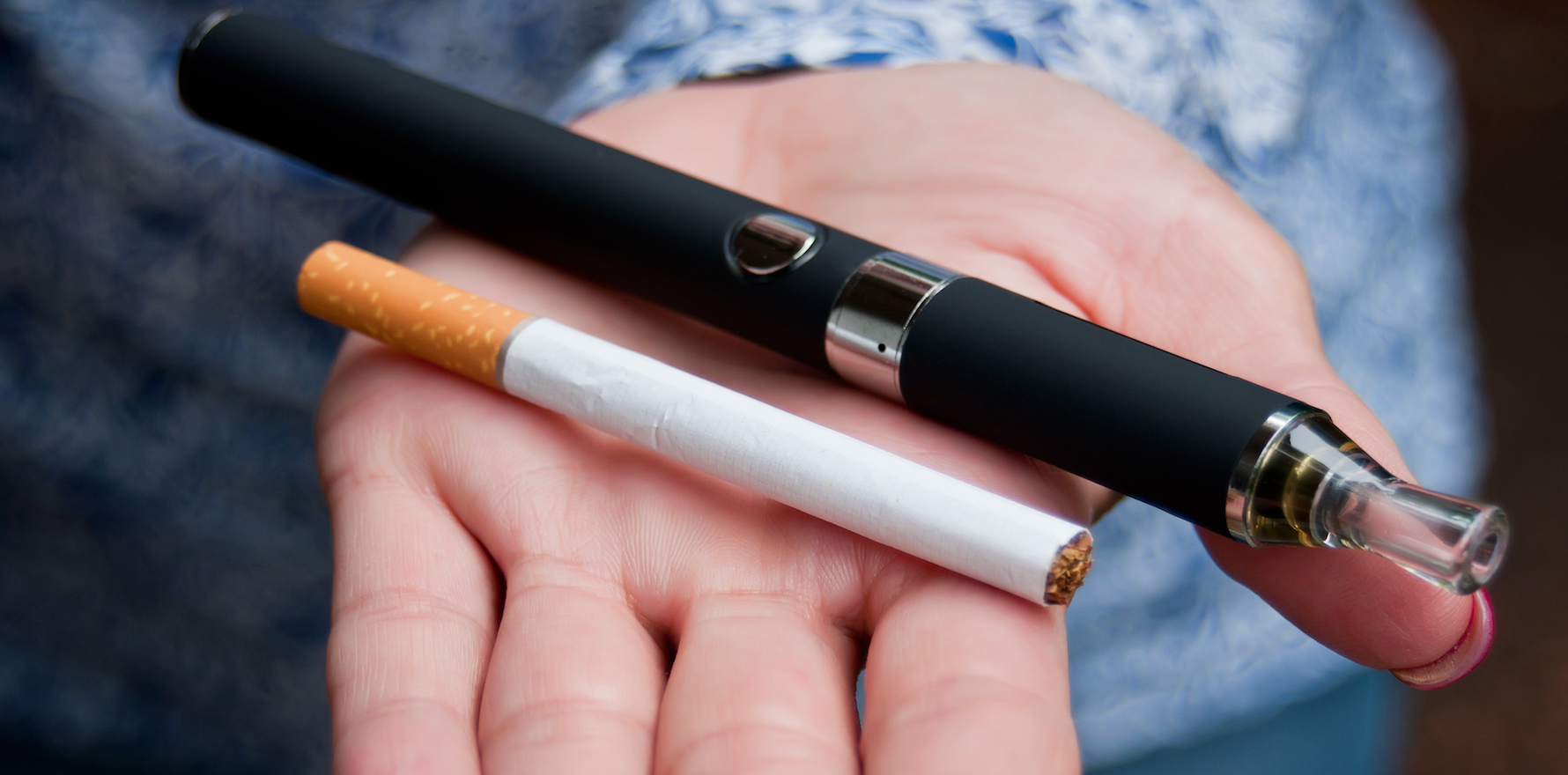Patients are visiting GPs for treatment and vaping cessation support, while EDs struggle to manage heavy dependency.
The AMA and RAGP have urged the government to enact new vaping legislation to provide increased support for smoking and vaping cessation, particularly for adolescents
Appearing before the Senate inquiry into the vaping reforms Bill 2024, Professor Rowena Ivers, Member of theRACGP’s Expert Advisory Committee on Tobacco, said she encountered patients every day in her clinical practice who were looking for support for vaping cessation and nicotine addiction
“As GPs dealing with nicotine addiction is part of our everyday practice,” Professor Ivers said.
“In terms of vaping, daily in my clinical practice I would talk to people about nicotine cessation as part of preventive health checks, [including] adolescents.
“Our role is health promotion [and] our role is giving them evidence-based information about the best options for them to cease [vaping].”
Dr Michael Bonning said his experiences as a GP practising in Balmain were “very similar” to those described by Professor Ivers, while as AMA NSW President he had simultaneously observed rapid increases in the prevalence and severity of nicotine addiction in adolescents and young people.
“In general practice my experience is very similar to Rowena’s, but across the hospital sector, what we see a lot of is young people, pretty much anyone younger than [40], showing up to emergency departments with complex polypharmacy, and some of the most difficult to manage [are those] with an incredibly high level of nicotine dependence,” Dr Bonning said.
“Many of those people who started vaping seven or eight years ago, are now in their 20s, and [given the] high concentration and large volumes [of nicotine] in vape products which are used across the day for 16 or 17 hours of the day, it’s progressing onto a form of dependence that at such high doses is incredibly hard to intervene in.
“So young people for whom traditionally we might have used a [nicotine] patch plus gum, now we’re now double patching, we’re looking [far] beyond what used to be our traditional use of intervention products because people are so dependent on nicotine.
“At those high levels, it doesn’t just have the physiological effects that we might talk about in terms of temporary effects when people smoke or vape – these are now chronic effects [such as] higher blood pressure, higher heart rates, insomnia.
“We’ve started seeing people who have almost hallucinatory effects when they present the hospital [due to] the high levels of nicotine [in vapes].”
Regarding the allegedly detrimental impacts of imposing a prescription-only model on patients’ turning to vaping as a smoking cessation tool, Professor Ivers said the legislation reflected the vital role GPs played in offering comprehensive, evidence-based advice for patients and ongoing monitoring to lower or phase out vape usage over time.
“The [RACGP] guidelines say that health advice and having that personal interaction [with a GP] is always the strongest thing, that’s why a medical model works in that it allows that interaction which is not available when you just purchase it,” she said.
“It also allows a nuanced discussion about the risks and benefits for that person in terms of other products like nicotine replacement therapy, or varenicline, which are evidence based as well, and really looking at short-term, monitored use, seeing that person again or chatting on the phone [to provide] support while they’re ceasing vaping.
“We know that in pretty much every small town, people can access telehealth through their regular doctor for support and many patients [are able] to get their medications delivered to their home, so we felt that was a balance of [maintaining] access [to vapes] for cessation.”
Related
In response to claims that GPs were at risk of violating their Hippocratic oath if they prescribed vaping products that they freely admitted were harmful to patients, Professor Ivers and Dr Bonning were both adamant that no such violation would take place.
“Like many things, it’s about risks and benefits,” Dr Bonning said. “These remain unregulated products so, as a prescriber, I would use less risky and known efficacious products first, and then I would consider vapes as a fourth line intervention.
“While it remains an important precept of medicine that we first do no harm, we have to recognise that there are risks in everything that we do, and there are more appropriate medications [available].
“We only have to look to what happened with say, the use of opioids in the United States, [to see] that when a medication conveys risks, those risks get out of control when people have unregulated, unfettered use of something like that.”
Professor Ivers noted that there were no studies on the long-term effects of those products.
“In this instance, we’d be expecting that medical practitioners would explain the risks and benefits, [raise] that this is not a TGA regulated product and look for the safest product that was available,” she said.





